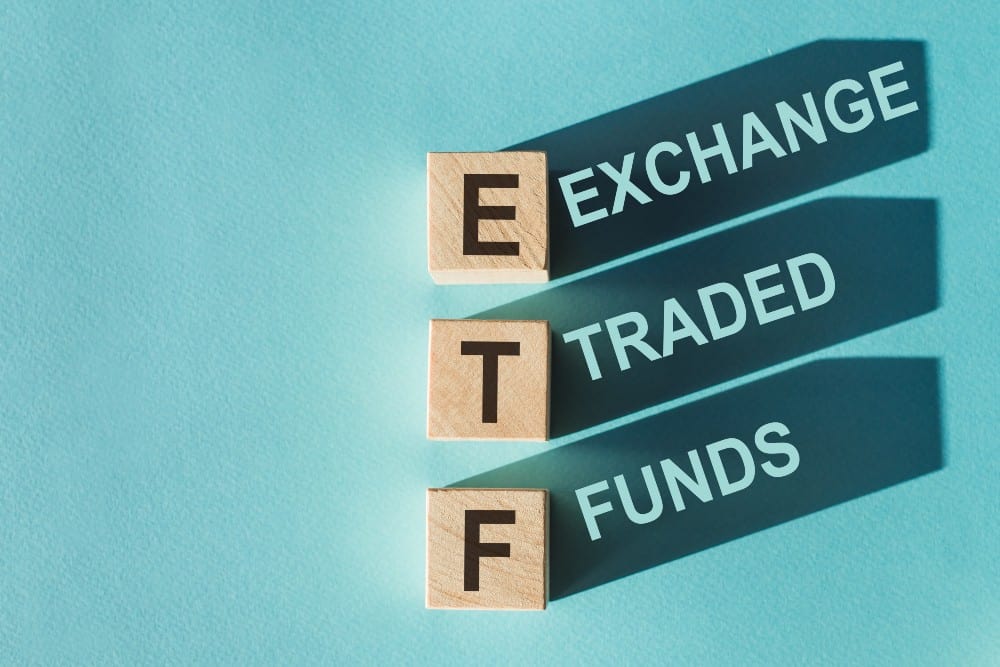The U.S. stock market accounts for approximately 55% of the world’s stock market capitalization by weight and has been an absolute powerhouse in the last decade, delivering outsized returns fueled by the rise of high-growth technology companies.
Beginner investors in 2022 should allocate at least 50% of their portfolio to U.S. stocks. While you can pick and choose your own, a better way to gain exposure to dozens, even hundreds of the top U.S. stocks is through the use of an exchange-traded fund (ETF) that tracks a well-known stock market index.
The most well-known indexes include the S&P 500, the NASDAQ 100, and the Dow Jones Industrial Average. Let’s check out the top Canadian ETFs that give us exposure to each!
The S&P 500
The S&P 500 is composed of 502 U.S. blue-chip companies like Microsoft, Apple, Alphabet, JPMorgan, and Amazon and spans multiple sectors with a concentration in technology and financials. It is widely regarded as the benchmark for U.S. equity performance.
Vanguard S&P 500 Index ETF (TSX:VFV) is the top Canadian ETF for tracking the S&P 500. VFV costs a management expense ratio (MER) of 0.08% to hold, plus an additional 0.15% in foreign withholding taxes on the dividends. The fund is not currency hedged.
The NASDAQ 100
The NASDAQ 100 tracks the largest companies listed on the NASDAQ exchange. Currently, it is seen as a barometre for U.S. mega-cap growth stock performance, with a heavy weighting allocated to top tech stocks such as Advanced Micro Devices, NVIDIA, and Tesla.
iShares NASDAQ 100 Index ETF (TSX:XQQ) is the top Canadian ETF for tracking the NASDAQ 100. Compared to VFV, XQQ is much more volatile, being a high-risk, high-reward bet on the U.S. tech sector. Currently, holding XQQ will cost you a 0.39% MER. Unlike VFV, XQQ is currency hedged.
The Dow Jones Industrial Average
As the oldest U.S. stock market index in existence (1896!), the Dow Jones Industrial Average consists of 30 large-cap, blue-chip stocks that represent the leading companies in every major U.S. industry. You can track it by buying BMO Dow Jones Industrial Average Hedged to CAD Index ETF (TSX:ZDJ)
Current notable underlying stocks other than the ones mentioned earlier include Walmart, Walt Disney, Coca-Cola, Home Depot, Goldman Sachs, McDonald’s, Visa, Boeing, Johnson & Johnson, and 3M. ZDJ will cost you an MER of 0.26% to hold and is currency hedged.
The Foolish takeaway
Your choice of ETF here will depend on your view of the U.S. stock market. Do you think mega-cap growth and tech stocks will continue to outperform? Buy XQQ. Do you think old-fashioned value stocks will have their day? Buy ZDJ. Do you want to make a balanced, more diversified bet on the U.S. market as a whole? Buy VFV.
Regardless of your choice, buying and holding any of these three ETFs for the long term is a winning proposition. Continually making deposits, reinvesting dividends, and staying the course through fear, uncertainty, and doubt is the key to a winning investment portfolio.



